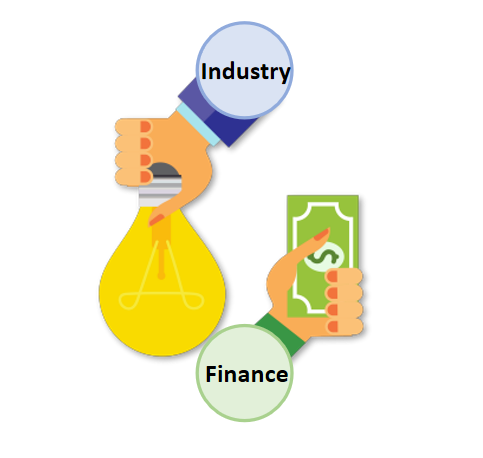Germany to Invest Billions, Cut Bureaucracy in Transportation Projects
Representatives from the three parties that make up the German government – the center-left Social Democrats, the environmentalist Greens and the business-friendly Free Democrats – have hammered out a major new set of policies that could revolutionize transportation in the country.
Some 45 billion euros will be invested in Germany's rail system from now until 2027, and a “package” of digital technologies is to be deployed to increase rail transport volumes. The initiative will be funded by an increase in tolls for trucks on Germany's highways. The stated goal is to have at least 25 percent of goods transported by rail by 2030.
A four-year limit has been set for permit procedures for major transportation infrastructure projects. Procedures will also be accelerated and simplified for renewable-energy generation sites, including land adjacent to highways and railway lines.
“In future, not a single kilometer of new highway shall be planned without exploiting the opportunity to renewably generate energy,” the agreement reads.
To promote Germany's transition to electric vehicles, the agreement also mandates that gas stations in the country offer at least one high-speed charging point within the next five years. And as of 2030, the government will require all vehicles purchased for public fleets to be CO2-emissions-free.
“With this new agreement, the government has sought to balance Germany's transport needs, its desire for greater efficiency and its legally enshrined commitment to the transition to clean energy,” says Robert Hermann, CEO of Germany Trade & Invest (GTAI). “Big changes are underway in German transportation, and that of course means opportunities for international companies that can help the country achieve its goals.”























































First, please LoginComment After ~